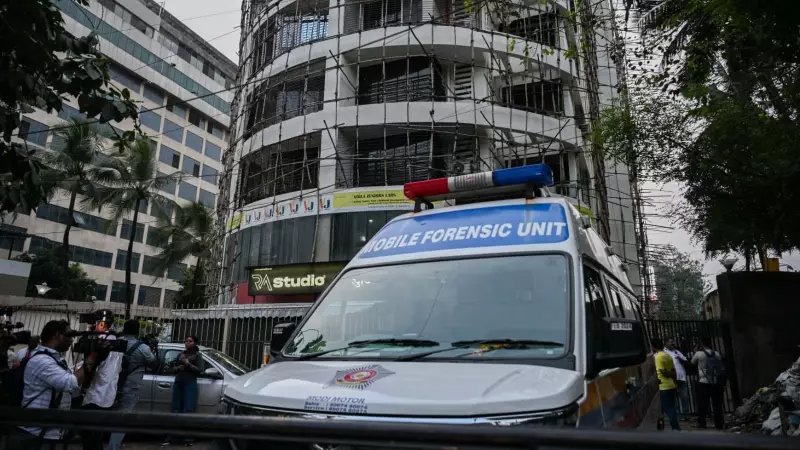
In what would become the most nerve-wracking 80 minutes of his career, Senior Inspector of Mumbai Police found himself facing a situation straight out of a thriller movie. The Powai hostage case tested every ounce of his training and experience as he negotiated for innocent lives.
The Tense Standoff Begins
It was an ordinary day that turned extraordinary within seconds. The senior inspector received the call about an armed individual holding hostages in a Powai residence. Rushing to the scene, he knew this wasn't just another routine operation—this was different.
"Every second felt like an hour," the officer recalled, describing the pressure-cooker situation. "We had to ensure the safety of the hostages while de-escalating the tension. One wrong move could have led to tragedy."
Critical Negotiation Tactics
The inspector employed psychological tactics that would make any negotiation expert proud:
- Establishing rapport with the perpetrator
- Maintaining calm communication throughout
- Creating windows of opportunity for hostage release
- Ensuring backup teams were strategically positioned
The Breakthrough Moment
After what seemed like an eternity, the 80-minute ordeal reached its climax. Through careful dialogue and strategic patience, the inspector managed to convince the armed individual to surrender peacefully. All hostages were released unharmed—a testament to the Mumbai Police's professional handling of the crisis.
"When the last hostage walked out safely, that was my victory," the emotional inspector shared. "Those 80 minutes taught me more about policing than my entire career."
Lessons from the Frontline
The Powai hostage case has since become a benchmark for hostage negotiation training within the police force. It demonstrates how:
- Patience can be more powerful than force
- Communication skills are crucial in crisis management
- Proper training prepares officers for worst-case scenarios
- Community safety remains the ultimate priority






